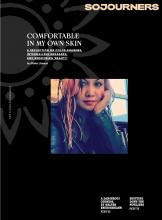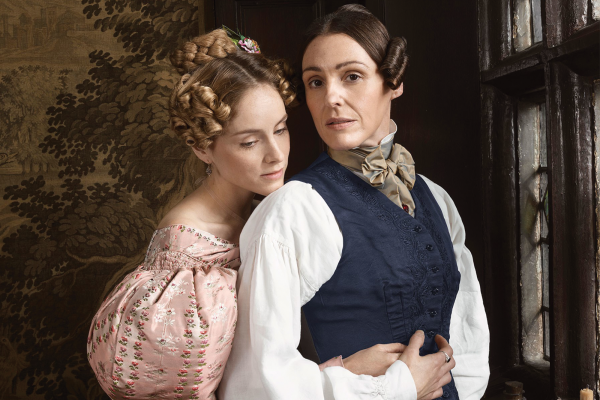ANNE LISTER WAS a woman, but she was certainly no lady. That’s clear from Gentleman Jack, the HBO television series based on Lister’s life, which spanned 1791 to 1840. Gentleman Jack covers her daring ascent of the Pyrenees, macabre interest in human dissection, penchant for risky business dealings, and delight in women—both high-born and low—all while she gads across Europe in a man’s greatcoat, cravat, and waistcoat. We know of Lister’s exploits because she wrote them down, in a secret code of her devising. In between her romps, she recorded everything from the weather and her breakfast to her deepest thoughts and cares. All told, she wrote some 5 million words over 26 volumes. Lister’s diary is so important to the understanding of the private lives of British women in the 19th century that it has been called the “lesbian Dead Sea Scrolls.” “I love and only love the fairer sex,” Lister proclaims in its pages, “and thus, beloved by them in turn, my heart revolts from any other love than theirs.” But while Lister may have been largely unconventional for her time, she was a rather traditional 19th-century Anglican. Gentleman Jack’s focus in its first season (which concluded in June 2019) is Lister’s desire to find a wife and marry her in the eyes of God—something she accomplished by force of will and a prescient faith that, to quote Lin-Manuel Miranda, “love is love is love.”
Read the Full Article

